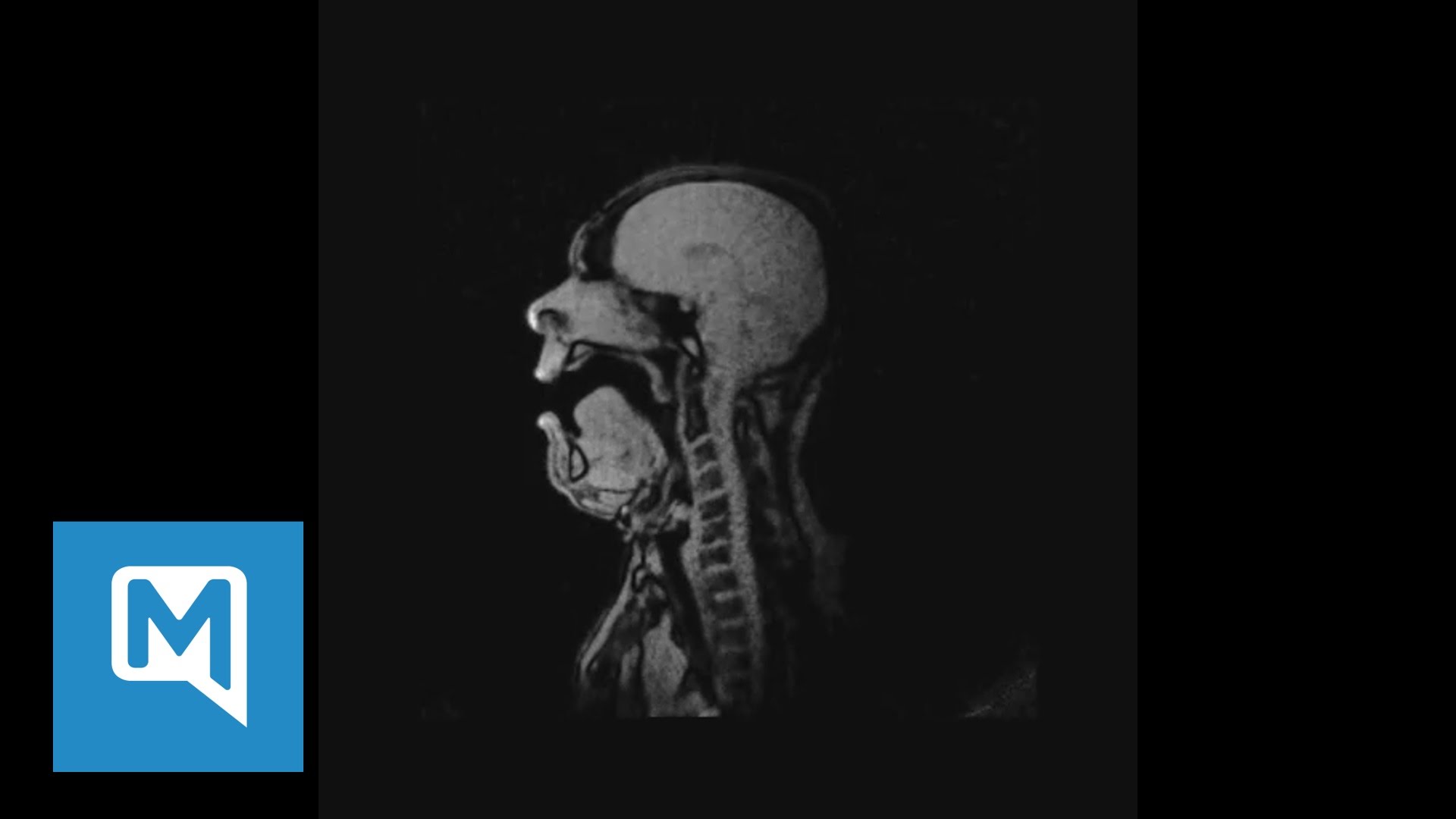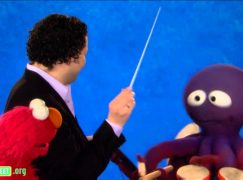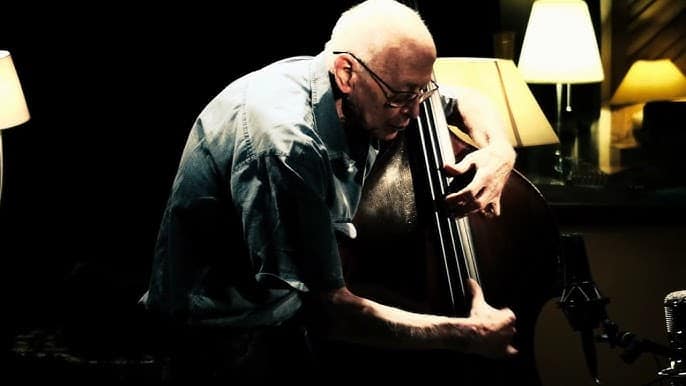Inside your head: Watch MRI scan of baritone singing Wagner
mainThis is Michael Volle, singing Wolfram’s Song to the Evening Star from Richard Wagner’s opera Tannhäuser.
He was dared to go into the scanner by Professor Matthias Echternach, senior physician at the Freiburg University Hospital, who sings in the Stuttgart Chamber Choir.
The results are, well, revealing.






The Berlin Philharmonic’s Sarah Willis did something similar, as part of study on the physiology of music-making.
https://www.youtube.com/watch?v=MWcOwgWsPHA
Why is there not the enormous clanking sound typical of MRI devices?
It is a bit distasteful to enter a singer’s vocal intimacy in this way.
Not if the singer is willing – different if he or she is forced! And it is so helpful if, like me, you are a teacher of singing, and the mechanism of the tongue even for the changes of vowel, the dropping of the larynx and the open pharynx. Much better than having a scope shoved down your throat and the try to sing, which seems more the rage!!
Now that’s genuinely weird! – maybe an entire Wagner opera/music-drama could be now presented in this fashion, taking “Regietheater” even further into hitherto uncharted territory (… ahem).
… Although, that said, I recall that some of the animations used in the so-called “‘Rat’ Lohengrin” at Bayreuth (by Hans Neuenfels) actually contained sectional views of rats already, as also prominently featured on the DVD of the production – very interesting, and I personally rather enjoyed it all somehow, but as ever such things will probably not be to everyone’s taste!! 😉
A similar scan of an oboe player double breathing would be very interesting.
An experimental MRI scan of the well-known Regietheater stage director: [redacted], is still puzzling researchers, because where normally the brains were expected to show-up, a mere black blot was visible on the screen. Asked – during the process – about his ideas of a new Wagner production, the blot suddenly grew in size. The [redacted] theatre should be warned.
:-)))
Very good!!!
BRAVO !!!!!!
fascinating. I was hard to listen and watch at the same time but worth the effort. thanks for giving us the glimpse into the visual and audio.
This is another installment in the shameless new trend of treating singing technique as if it could benefit from medical terminology and techniques. But SINGING IS NOT A DISEASE. There is NOTHING for a singer to GAIN from this now widespread intrusion of MEDICAL approaches into the study of singing. This fad is being perpetrated by SINGING TEACHERS. But singers learn by how the process of singing FEELS, and part of that learning means THINKING in musical as well as technical terms. Medical approaches are fine for DOCTORS treating diseases and malfunctions. They can only make a singer hopelessly self-conscious, thus actually INDUCING technical voice problems. This now-widespread fad of dragging medical terminology into the singing studio makes me suspicious that singing teachers have now found a rather lucrative kickback scheme, in which they refer every one of their singing students for a “check-up” to ear-nose-throat physicians. So the physicians get new patients, while the “voice teachers” get a percentage of the doctor’s fee. You don’t have to be a Wall Street executive to start a fraud.